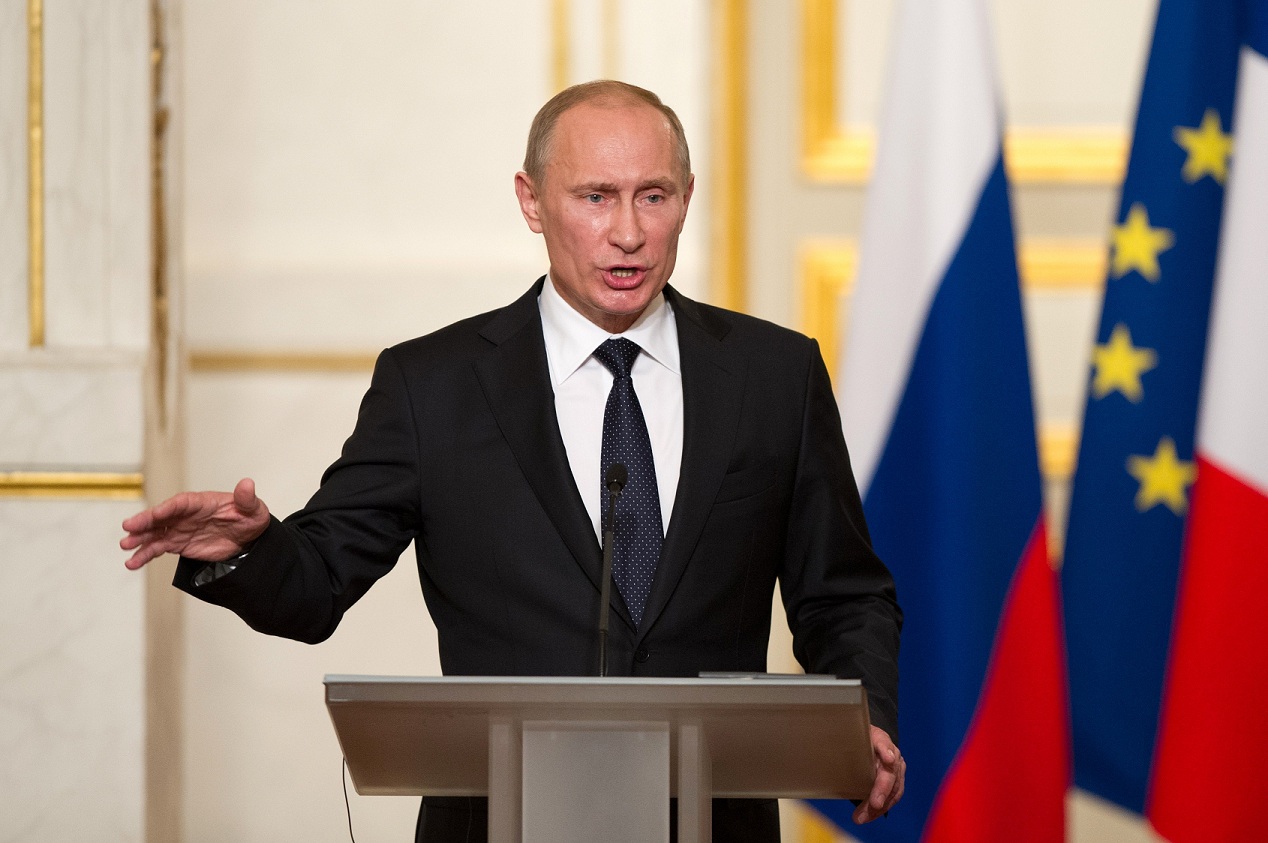Moscow (AFP) — Russia on Wednesday crowned a tortuous 18-year journey from communist economic isolation by becoming the largest state outside the World Trade Organization to join the preeminent free trade club.
Optimistic economists think the move will give Russia’s $2 trillion economy a serious boost and herald the end of an era marked by bureaucratic mismanagement and red tape.
But many small entrepreneurs fear that a flood of more attractive foreign products could wipe them out and leave Russia without domestic industries needed to achieve sustainable growth.
And almost everyone agrees that the onus will now be on the government to fulfill investors’ rising expectations of Russia becoming a country where doing business is not a prohibitively risky bet.
“In the absence of wider reform to clean up the business environment, even the longer-term benefits are likely to disappoint,” the London-based Capital Economics research consultancy cautioned.
The Geneva-based institution’s 156th member had spent years harbouring deep suspicions about dropping its own growth model of strong state enterprise for one practised in rival capitalist countries over many centuries.
But after 18 years of negotiations, Russia finally inked a deal with the trade body’s members.
President Vladimir Putin on July 21 signed the accession document — a final step clearing the way for Wednesday’s formal entry — after once saying that the group needed Russia much more than the reverse.
Membership for Russia and its powerful economy came the same day that the remote Pacific island nation of Vanuatu also joined the WTO, which already includes the world’s developed economies.
Vanuatu took the 157th seat at the WTO table.
“Both accessions show that joining the WTO remains high on the countries’ agendas since trade can bring a predictable and stable basis for economic growth,” WTO Director General Pascal Lamy said in a statement.
EU trade commissioner Karel De Gucht called it “a major step for Russia’s further integration into the world economy.”
Russia must now finish dismantling trade barriers to levels agreed in the negotiations while gaining broader access to foreign markets and benefiting from a more efficient business environment that should stimulate growth.
“This is a great stimulus for developing the economy and competition,” former Russian finance minister Alexei Kudrin wrote on his Twitter account.
Some analysts predict an 11-percent gain in Russia’s gross domestic product over the long term.
“Accession into international institutions such as the WTO lends Russia the credibility it needs to shore up the country’s investment environment,” Renaissance Capital said in a special report.
But not all signs pointed to more free trade.
The Russian Senate recently formed a group to see how it could raise tariffs within WTO confines to ensure that state-dependent sectors like farming not only survive increased competition but thrive.
“We have not exhausted the level of state support allowed by the WTO,” warned senior upper house member Sergei Shatirov. “We can still raise tariffs further.”
Yet most experts felt that the availability of cheaper goods to Russian companies would quickly boost their competitiveness without causing much pain.
“The most important thing for us — for our business and our economy — is that this will help improve competition,” said Higher School of Economics lecturer Alexei Portansky.
“What we have at present should be called by its name: an unhealthy competitive environment.”




